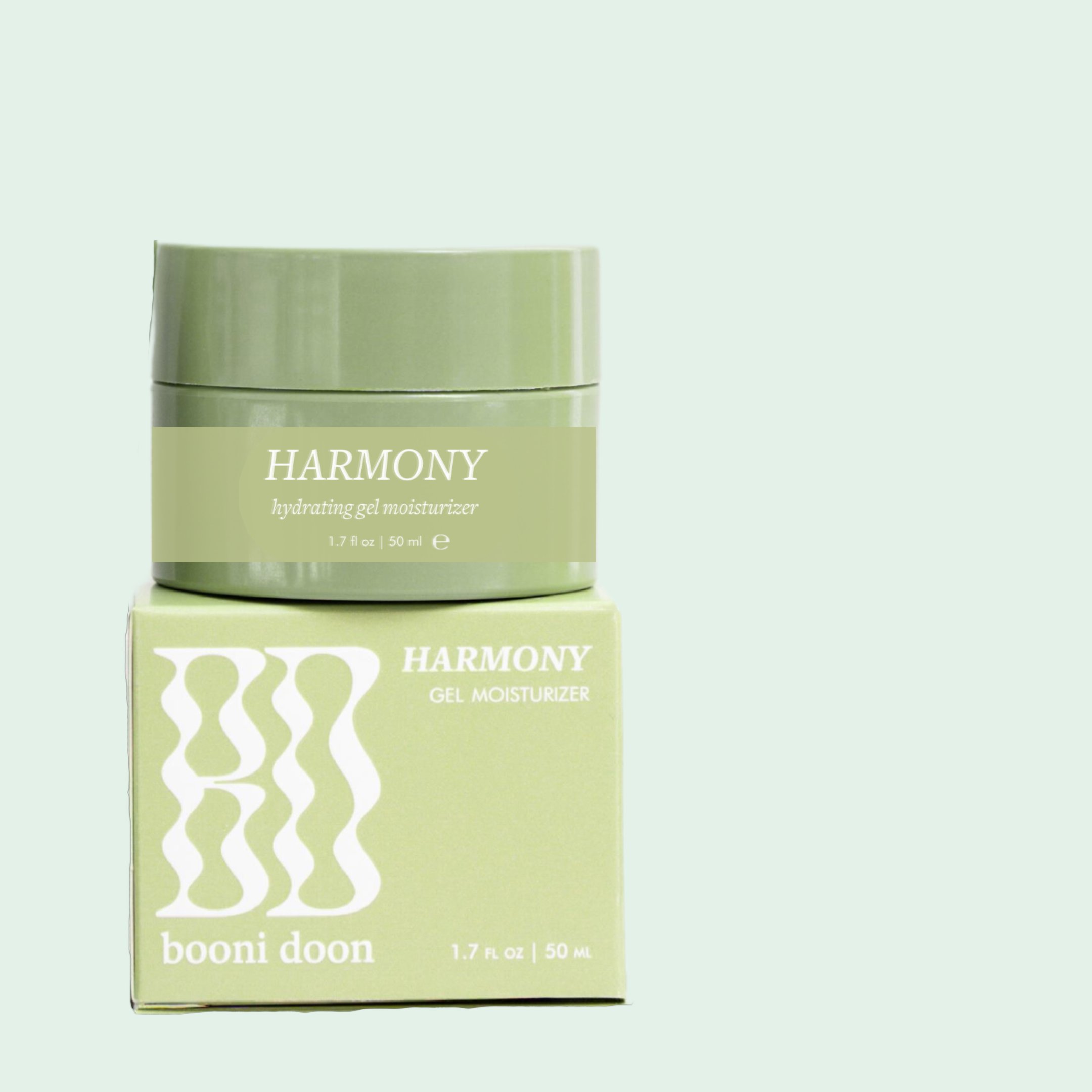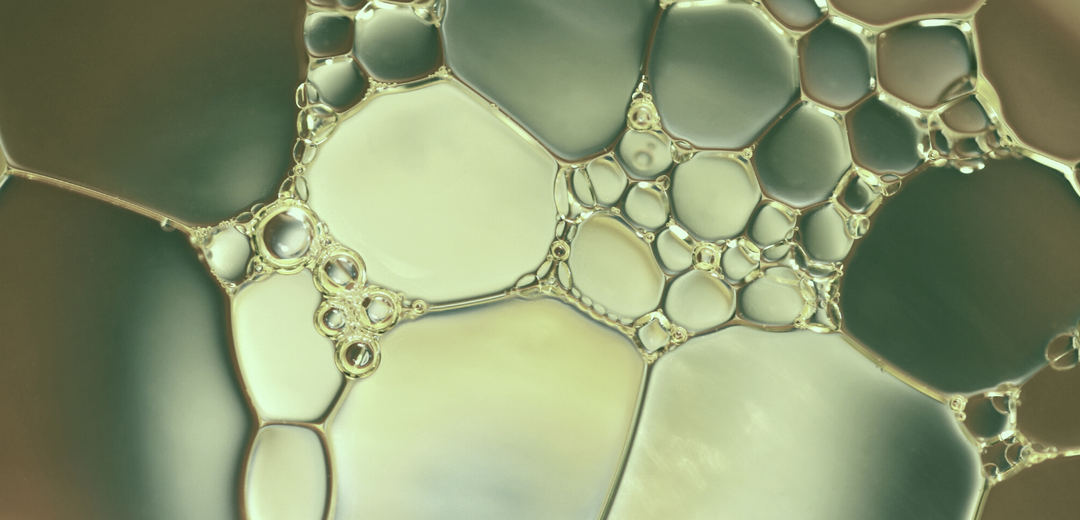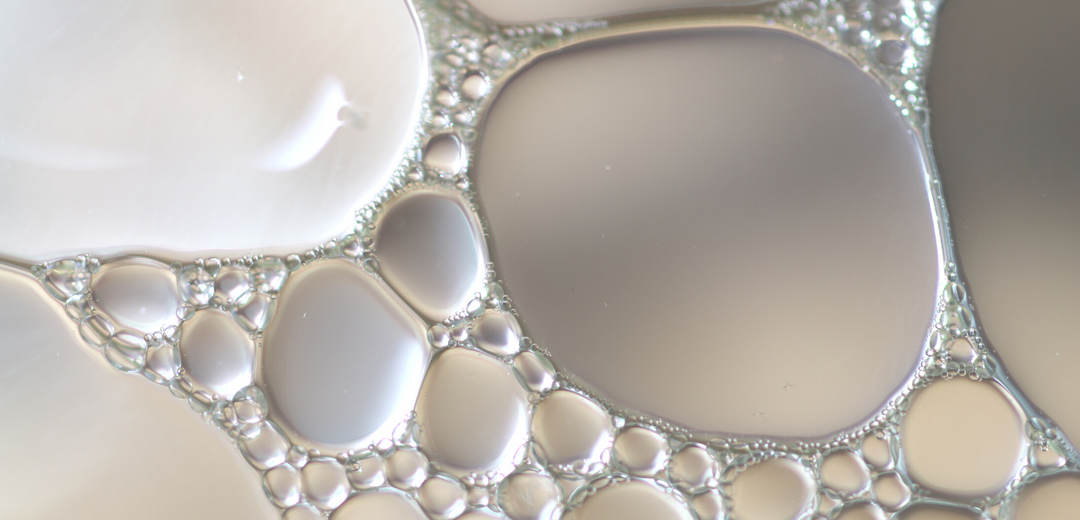Rhamnolipids: A Powerhouse Biosurfactant
Understanding Rhamnolipids
In order to fully understand the many benefits of rhamnolipids, it's important to learn a few key terms.
- Macromolecules are complex, large molecules that contain more atoms than ordinary molecules. Macromolecules include lipids, proteins, and carbohydrates.
- Glycolipids are macromolecules that contain a lipid (fat) that is attached to a carbohydrate. Glycolipids are known to play many important roles in the body and are crucial for regulating cell to cell interactions as well as immune responses.
Simply stated, rhamnolipids are a type of glycolipid that are produced by bacteria. Rhamnolipids are naturally derived and can come from several species of plants such as birch and sumac. In fact, our cleansing powder capsule formulations include rhamnolipids derived from the fermentation of vegetable oil!
Due to their unique molecular structure, rhamnolipids are categorized as biosurfactants within the personal care space. Biosurfactants are molecules that are produced by microbes such as bacteria, that essentially change how the molecules interact with water. Biosurfactants such as rhamnolipids were introduced to the market in the 1960s and have since become a widely used alternative to other more conventionally used petroleum-based surfactants. This increase in use and popularity is due to rhamnolipids being both biodegradable and having a low toxicity, unlike many other chemical surfactants.
A Powerhouse Ingredient
Rhamnolipids’ impact is driven by its molecular structure. The carbohydrate component of the molecule is known to work as an anti-aging agent. A study published in the International Journal of Cosmetic Science noted that Rhamnolipids are beneficial for skin because of their ability to both rapidly and effectively hydrate. They have also been proven to help treat skin conditions such as fibrosis, as well as providing surface level wound treatment due to their ability to penetrate cell membranes.
Not only have studies shown rhamnolipids to be non-irritating to the skin, but they also have proven anti-microbial properties. Several studies have been conducted which demonstrate that rhamnolipids are able to fight Listeria monocytogenes, a dangerous bacteria that causes food-borne illnesses. Research shows that 90% of the bacteria is susceptible to treatment with rhamnolipids. Notably, clinical studies also point to the therapeutic properties of rhamnolipids, as they have shown to speed up the healing time of burn wounds.
Rhamnolipids are shelf-stable and more environmentally friendly than many other agents that are used in skincare, making them effective and, most importantly, responsible additions to skincare products. These useful macromolecules’ ability to ‘fight’ everything from wrinkles to microbes, illustrate their myriad of skin benefits and show how naturally-derived cleansing agents can have a positive, compounded impact.







